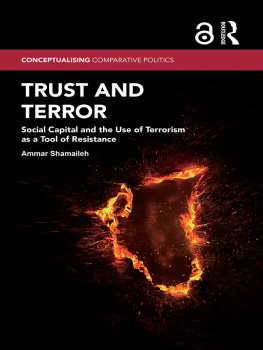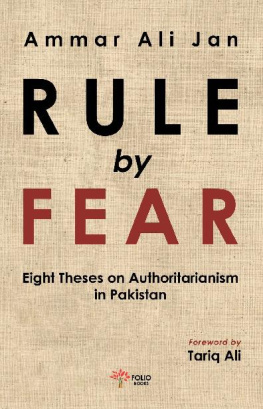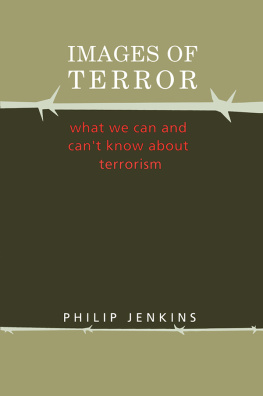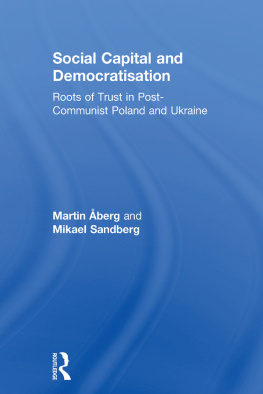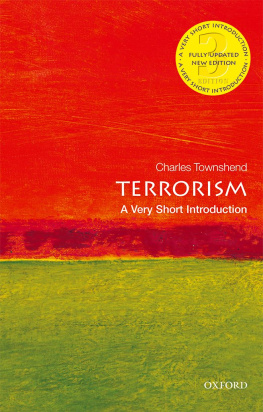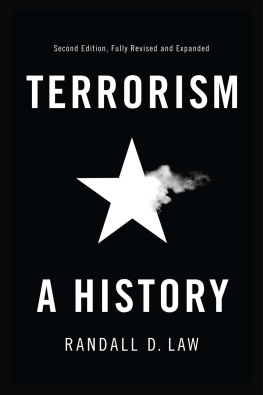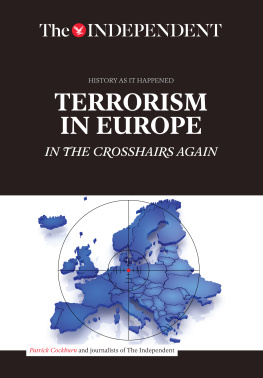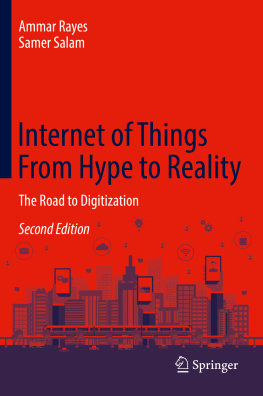This book provides a very unorthodox treatment of the Arab Spring by looking into the association between interpersonal trust and terrorism. Shamaileh develops a novel theory that explains how the state of social capital at the individual level might have shaped the differential outcomes of the Arab Spring in Egypt, Libya, Syria, and beyond. The theoretical and empirical analysis presented in this timely book is a fine example of social scientific inquiry at its best. The author brings a wealth of evidence ranging from in-depth analysis of cases to large-N quantitative analysis to test the rich theoretical propositions. Trust and Terror will be a valuable resource for students of comparative politics and Middle Eastern studies as well as to policymakers.
Sabri Ciftci, Michael W. Suleiman Chair in Arab and Arab-American Studies, Kansas State University
To illustrate the critical interaction between general levels of interpersonal trust and the options to which individuals resort when addressing grievances, Shamaileh shows the depth of his analytical range, adeptly bringing together formal modeling, case studies, interviews, statistical analysis, and even Foucauldian interpretative analysis of satirical comic caricatures of Assad and popular comedy skits. Throughout the work, the authors logic drives home the mechanisms behind the inevitable outcome of the Syrian protests and the relationship between the cultivated lack of trust in Syrian society and the recourse to terrorism as the means to counter the state.
Michael Wuthrich, Academic Director of Global & International Studies Programs, University of Kansas
Shamaileh offers a novel and persuasive argument about the effects of trust and interpersonal ties on individuals choices to pursue non-violent versus violent means of resistance. The book makes a major contribution to growing research on how the characteristics of societies and relations between militants and communities affect the trajectory of violent movements. It provides a fascinating lens through which to analyze variation in the protest movements that emerged in the Arab Spring and beyond.
Risa A. Brooks, Allis Chalmers Associate Professor, Marquette University
Trust and Terror
Why do some individuals choose to protest political grievances via non-violent means, while others take up arms? What role does whom we trust play in how we collectively act?
This book explores these questions by delving into the relationship between interpersonal trust and the nature of the political movements that individuals choose to join. Utilizing the examples of the Arab Spring uprisings in Egypt, Libya, and Syria, a novel theoretical model that links the literature on social capital and interpersonal trust to violent collective action is developed and extended. Beyond simply bringing together two lines of literature, this theoretical model can serve as a prism through which the decision to join terrorist organizations or violent movements may be analyzed. The implications of the theory are then examined more closely through an in-depth look at the behavior of members of political movements at the outset of the Arab Spring, as well as statistical tests of the relationship between interpersonal trust and terrorism in the Middle East and globally.
Trust and Terror will be of interest to scholars of Comparative Politics and International Relations.
Ammar Shamaileh is an assistant professor in the Department of Political Science at the University of Louisville, USA. His current research agenda focuses primarily on the relationship between informal institutions or cultural phenomena and political behavior and violence in the Middle East.
Conceptualising Comparative Politics
Edited by Anthony Spanakos (Montclair State University) and Francisco Panizza (London School of Economics)
Conceptualising Comparative Politics seeks to bring a distinctive approach to comparative politics by rediscovering the disciplines rich conceptual tradition and inter-disciplinary foundations. It aims to fill out the conceptual framework on which the rest of the subfield draws but to which books only sporadically contribute, and to complement theoretical and conceptual analysis by applying it to deeply explored case studies. The series publishes books that make serious inquiry into fundamental concepts in comparative politics (crisis, legitimacy, credibility, representation, institutions, civil society, reconciliation) through theoretically engaging and empirically deep analysis.
From Religious Empires to Secular States
State Secularization in Turkey, Iran and Russia
Birol Bakan
The Politics of Governance
Actors and Articulations in Africa and Beyond
Lucy Koechlin and Till Frster
Conceptualising Comparative Politics
Edited by Anthony Petros Spanakos and Francisco Panizza
Migration Governance across Regions
State-Diaspora Relations in the Latin American-Southern Europe Corridor
Ana Margheritis
What Kind of Democracy?
Participation, Inclusiveness and Contestation
Kateina Vrblkov
Trust and Terror
Social Capital and the Use of Terrorism as a Tool of Resistance
Ammar Shamaileh
First published 2017
by Routledge
711 Third Avenue, New York, NY 10017
and by Routledge
2 Park Square, Milton Park, Abingdon, Oxon OX14 4RN
Routledge is an imprint of the Taylor & Francis Group, an informa business
2017 Taylor & Francis
The right of Ammar Shamaileh to be identified as author of this work has been asserted by him in accordance with sections 77 and 78 of the Copyright, Designs and Patents Act 1988.
The Open Access version of this book, available at www.taylorfrancis.com, has been made available under a Creative Commons Attribution-Non Commercial-No Derivatives 4.0 license.
Trademark notice: Product or corporate names may be trademarks or registered trademarks, and are used only for identification and explanation without intent to infringe.
Library of Congress Cataloging in Publication Data
A catalog record for this book has been requested
ISBN: 978-1-138-20173-6 (hbk)
ISBN: 978-1-3155058-1-7 (ebk)
To Jens Grosser
First and foremost, I would like to thank Jens Grosser for the immense support he has provided me during this project and throughout my career. Without him, neither this book nor any other scholarly achievement I may accomplish would be possible. He has stood with me through both the good times and the pitfalls that I found myself in during the nascent stages of my academic career, and I am forever indebted to him for his guidance and support. Moreover, the substantive advice he has provided me along the way has greatly enhanced the quality of the work that I have produced.
I would also like to thank Eric Coleman, David Siegel, Mark Souva, and Dmitry Ryvkin for the fantastic feedback they provided me during the early stages of this project. In particular, I would like to thank Eric Coleman for pushing me to think more carefully about the nature of trust; David Siegel for insisting that I reconsider the cases that I had originally intended to analyze, and to more thoroughly conceptualize social capital; Mark Souva for his advice regarding the communication of the ideas within the manuscript and broadening my discussion of the literature; and Dmitry Ryvkins fantastic methodological advice. Beyond the assistance they provided me with regard to this project, I benefited from the profound insight and guidance I received in their classrooms, while meeting with them in their offices and through reading their own research. In addition, I would like to thank Sabri Ciftci, Michael Wuthrich, Risa Brooks, Eddie Hearn, Suzanne Kirayoglu, Brad Gomez, Charles Barrilleaux, William Berry, Rob Carroll, Xiaoli Guo, Marius Radean, Jason Gainous, David Buckley, Timothy Weaver, Laura Moyer, Melissa Merry, Rodger Payne, Jason Abbott, Kristopher Grady, Sherri Wallace, and the departments of political science at Florida State University and the University of Louisville for the helpful suggestions and support that they have provided me.

